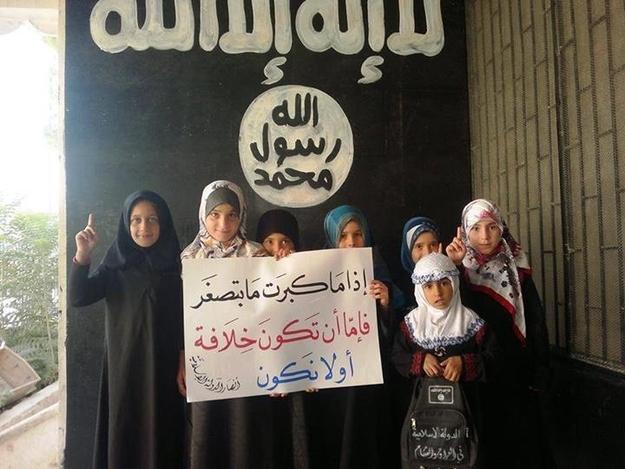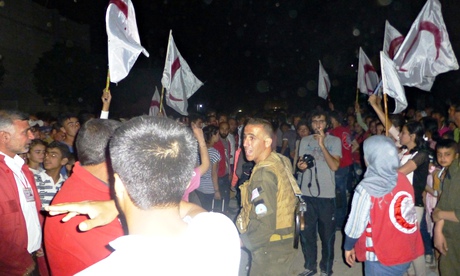
In only a year of its existence the Islamic State of Iraq and Sham (ISIS) has grown substantially amid the ruins of the Syrian conflict, and spectacularly renewed the franchise of militant Islamic extremism for a new generation.
Even after its formal expulsion from Al-Qaeda for its brutal, monopolistic tactics, and an orchestrated assault on its positions from more mainstream factions fighting against the Syrian regime, ISIS still controls whole areas of Northern Syria, and is setting about its own kind of "nation-building" – laying the foundation for a puritanical, repressive, and highly militarized Islamic State. ISIS feeds poor Syrians, bans illicit activities and protects property rights under its own kind of Sharia law. It is popular, and its popularity continues to grow, partly among Syria's young people; ISIS, in many ways, operates as a darkly militant variation on youth culture rebellion.
Journalist James Harkin investigates one reason for ISIS's popularity – its treatment of young people and the many orphans of Syria's conflict. Some parents are now reporting that their children are going voluntarily to these camps in the northeastern Syrian province of Raqqa; since they are treated very well by ISIS's emirs and officials, it is sometimes difficult for the parents to get them back.
The unexpected success of ISIS might well be storing up problems not only for Syrian society but for the whole region.













